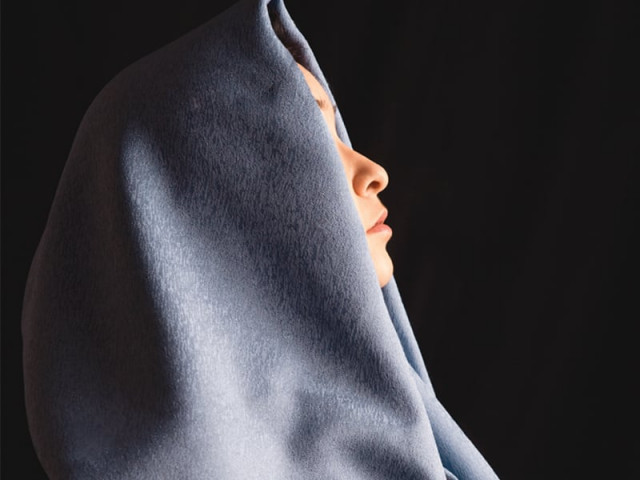Insecurity follows Iranian asylum-seekers in Pakistan
Refugees face persecution after abandoning homeland.

Insecurity follows Iranian asylum-seekers in Pakistan
“They said he was in another station. I went with them but instead of taking me to my husband, they took me to another location,” Zohreh says. “Police officials tortured me and raped me. I was left there, helpless to find my way back home.”
Pakistan was the only country that Zohreh, who lived in the southwestern Iranian city of Ahvaz, could afford to move to. And so she did in 2001, along with her sons Moustapha*, 12, and Raza*, 10. Her husband, she said, was arrested because of his support for the Shah of Iran and she decided to leave Iran fearing more trouble because of her husband’s opposition to the government. To ensure her children’s security, she divorced her husband before leaving for Pakistan.
“I had heard about people seeking refuge in Islamabad and finding asylum in the West through the United Nations office,” Zohreh said. She asked a friend in Iran to make papers and crossed the border from Balochistan. From there, she and her children travelled to Islamabad with the help of a local fixer.
In the beginning, the United Nations office in Pakistan was very unhelpful. But five years later, her plea for asylum was accepted and she was granted refugee status in Pakistan. The United Nations refugee agency (UNHCR), which pays her a monthly stipend of Rs12,000, promised that they will resettle them in 2007 but the family is still waiting.
As she felt more and more burdened with problems, Zohreh turned to religion. But her painful experience with the Islamic regime in Iran worried and troubled her. Two years after migrating to Pakistan, she decided to convert to Christianity. But as she found solace in her newly-adopted religion, those around her refused to respect her choice.
In 2009, Moustapha got into trouble at the local market when some of his Muslim friends asked him to accompany them for prayers at the mosque. “When he told them he was Christian, they asked him why he has a Muslim name,” Zohreh said. When he explained that he used to be Muslim, his friends detained him and threatened to harm him and his family if he did not convert back to Islam.
A few days later, the car Moustapha drives was stolen and letter was sent to the family that read: “O you unbelievers, more and more people are converting to Islam, while you quit this religion. This is just the beginning of what we can do. We stole the car and burnt it. Next we are going to destroy your family and make sure we kill all non-believers like you. Islam is our strength and that is why a Muslim can go to any length to protect it.”
Zohreh reported the case to the UNHCR who refused to take her seriously. “They say they have many such cases where Iranians converted but are not being threatened,” she says. Since then, the family has constantly been on the move, shifting homes every three to four months.
When contacted, the UNHCR said it does not divulge information on individual cases but did concede that they are aware of many cases where Iranians seeking asylum in Pakistan convert to Christianity. “It makes it easier for them to claim refugee status and conversion makes their plea stronger,” an official said, requesting anonymity.
According to UNHCR, they have received over a thousand applications in the past one year alone from Iranians seeking asylum. But fewer than a hundred cases have been considered due to issues with verification and authenticity of claims.
But for Zohreh, despite all the disappointment, the UNHCR is her only hope. “I want my children to be safe. I lived a miserable life but I want their future to be secure,” she says.
*Names have been withheld to protect privacy
Published in The Express Tribune, August 16th, 2011.



















COMMENTS
Comments are moderated and generally will be posted if they are on-topic and not abusive.
For more information, please see our Comments FAQ